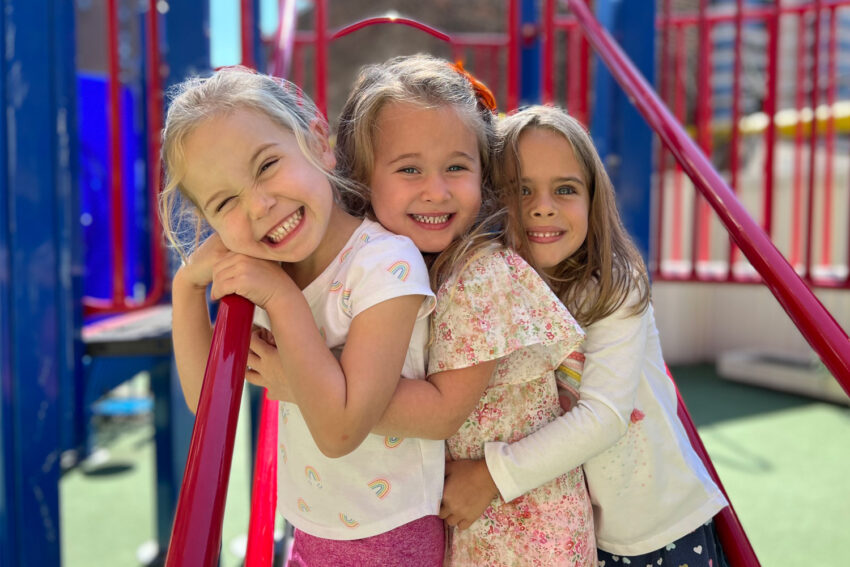Hands-On Learning: Montessori Activities that Engage and Inspire Children
Hands-on learning plays a crucial role in a child’s educational journey, as it allows them to actively engage with the material and explore their interests. One educational approach that successfully employs hands-on learning is the Montessori method. Developed by Maria Montessori, this approach focuses on allowing children to learn at their own pace and implement a variety of hands-on activities to foster their development. In this article, we will explore some of the key Montessori activities that engage and inspire children.
1. Practical Life Skills
Montessori emphasizes the importance of developing practical life skills from an early age. These activities encourage independence, concentration, and coordination. Examples include pouring water from one container to another, tying shoelaces, or sorting objects by size and color. By engaging in such activities, children develop fine motor skills, hand-eye coordination, and a sense of accomplishment.
2. Sensorial Exploration
Another essential aspect of Montessori is providing children with opportunities for sensorial exploration. Various activities focus on stimulating the senses, such as matching fabrics by texture, identifying different smells, or listening to different sounds. These experiences enhance children’s observational skills, promote sensory integration, and refine their ability to categorize and discriminate information.
3. Math Manipulatives
Mathematical concepts become tangible through the use of hands-on materials in Montessori classrooms. Children use materials like number rods, sandpaper numerals, or the famous golden beads to understand the basics of number recognition, counting, and basic operations. By working with these manipulatives, children grasp abstract concepts in a concrete way, building a solid foundation for future mathematical understanding.
4. Language Development
Montessori activities also encompass language development. Children engage in various language activities such as sandpaper letters, moveable alphabets, or sound games. These activities promote letter recognition, phonemic awareness, and help build vocabulary. Through hands-on language materials, children begin to associate sounds with letters, form words, and develop their reading and writing skills.
5. Cultural Studies
The Montessori method embraces cultural studies to broaden children’s understanding of the world. Hands-on activities like puzzle maps, flags of various countries, or animal classification materials spark curiosity and immerse children in different cultures and traditions. These experiences foster global awareness, respect for diversity, and encourage open-mindedness.
Hands-on learning is a cornerstone of the Montessori educational approach. By engaging in practical life skills, sensorial exploration, math manipulatives, language development, and cultural studies, children are able to actively participate in their learning journey. These activities foster independence, critical thinking, and a sense of curiosity, which are vital attributes for lifelong learning. Implementing more hands-on learning experiences in traditional educational settings can also bring benefits, sparking enthusiasm and engagement in students. Therefore, the Montessori approach can serve as an inspiration for educators to incorporate more hands-on activities into their teaching practices.
Nidhin
For More Details Call: +917510220582

